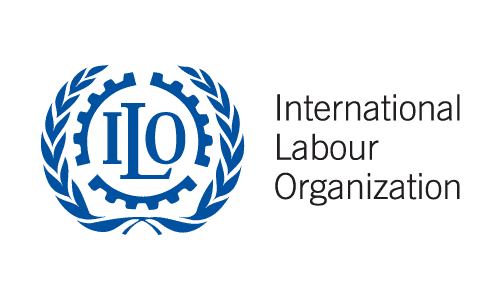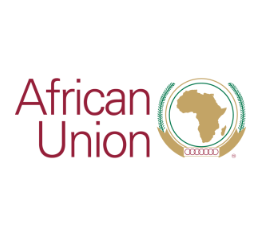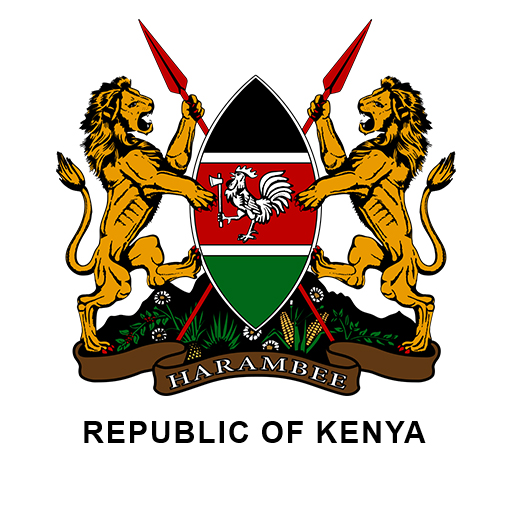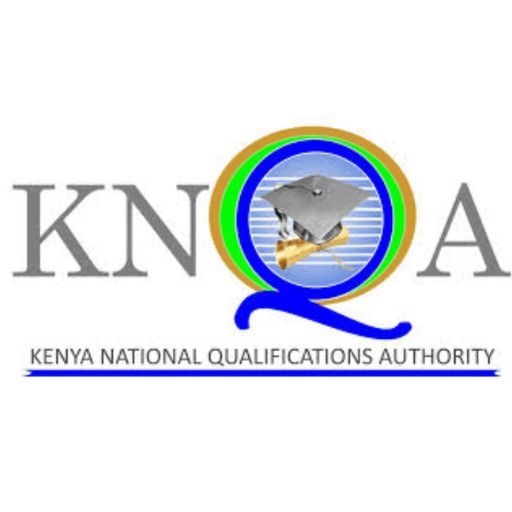Skills and Labour Migration
The SLM-KSP (Skills and Labour Migration Knowledge-Sharing Platform) serves as a centralized hub for the exchange of knowledge, uniting various institutions dedicated to skills recognition and labour migration. Its primary goal is to facilitate collaboration among key stakeholders in the fields of labour migration and skills recognition. This collaboration takes the form of providing information concerning existing national and regional laws, policies, and initiatives. Furthermore, it fosters knowledge sharing through Communities of Practice (CoP) and offers valuable resources, such as training programs, to cater to the diverse needs of different stakeholders involved in labour migration and skills recognition.
The establishment of SLM-KSP has been informed by the insights and expertise of selected officials actively engaged in labour migration and skills recognition processes in Kenya, Ethiopia, and South Africa. This initiative is a joint effort between the African Union (AU) Commission and the International Labour Organization (ILO).
Thematic relevant to Skills and Labour migration areas are:
- Skills development partnerships for labour migration
- Mutual recognition of skills, qualifications, and competencies
- Recognition of prior learning (recognition of skills and competencies)
- Recognition of Qualifications
- Mutual recognition Agreements
- Skills anticipation
- Labour market information
- Planning for foreign labour markets
- Social dialogue for skills-based migration.
- Harmonization of occupational standards, profiles, and training standards
- Qualifications frameworks etc.
- Skills development for migrant workers
- Coordination and institutional frameworks
- Designing and monitoring
- Financing
Thematic Areas
SKILLS RECOGNITION
A major concern in most of Africa, and more specifically within its Regional Economic Communities (RECs), is the non-recognition, non-compatibility and non-comparability of skills, qualifications and experiences across national borders. These elements have been found to be contributing factors to wasted potential, reduced productivity and the inability of employers to obtain needed competences. Portability of skills means that skills are transferable from one context to another, and are recognized by a trusted source of information. Alongside the weak, in some cases zero, implementation of free movement rights and mechanisms, the lack of skills portability is one of the main impediments to good governance of labour mobility.
LABOUR MIGRATION
Africa is currently undergoing a significant transformation in its migration patterns, with a substantial increase in international migration within the continent. Historically, men have dominated international migration within each Regional Economic Community (REC), but recent years have witnessed a growing presence of female labour migrants. At the national level, countries are making efforts to enhance their data collection processes, particularly concerning migration data, including labour migration. This has given rise to the "feminization of migration" across the continent, driven by the appeal of various job opportunities within the labour market, which attracts female migrants, encompassing both highly skilled and unskilled labour categories, thus diversifying the migration landscape in Africa.
Forums
| Topic | Replies | Last reply on | |
|---|---|---|---|
 | Posted by: Step Innovation Africa on: | 0 | 06 |
Our Partners
ILO

The International Labour Organisation is a UN Agency supporting the AUC in strengthening labour migration governance at regional and national level. It brings together government, employer, and workers adopting the tripartite approach to ensure that the needs of labour migrants are heard and addressed by giving equal voice to all social partners. Labour migration and skills recognition are key thematic areas where the ILO shares best practices and lessons learned on different approaches and strategies.
AUC

The International Labour Organisation is a UN Agency supporting the AUC in strengthening labour migration governance at regional and national level. It brings together government, employer, and workers adopting the tripartite approach to ensure that the needs of labour migrants are heard and addressed by giving equal voice to all social partners. Labour migration and skills recognition are key thematic areas where the ILO shares best practices and lessons learned on different approaches and strategies.







